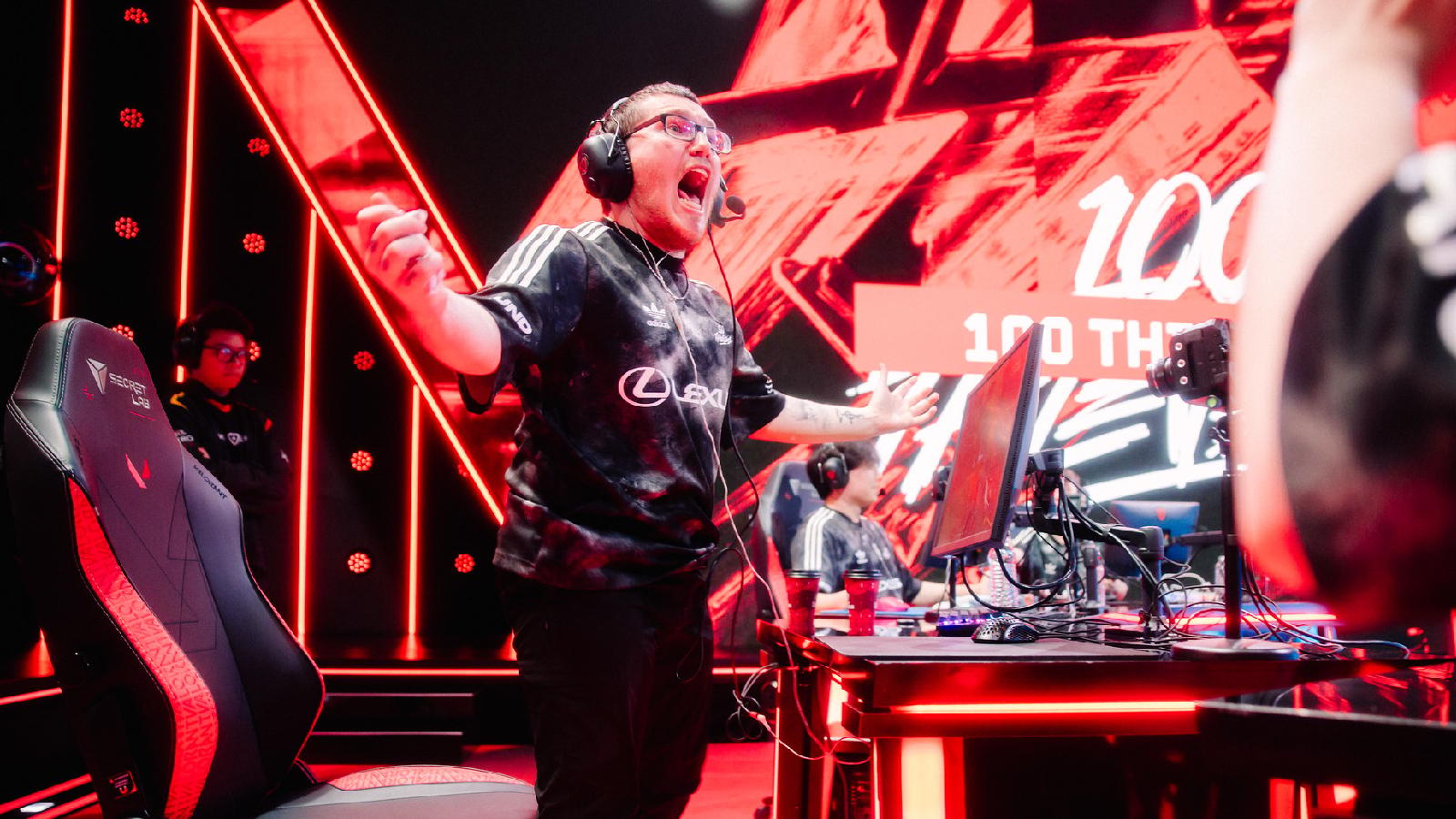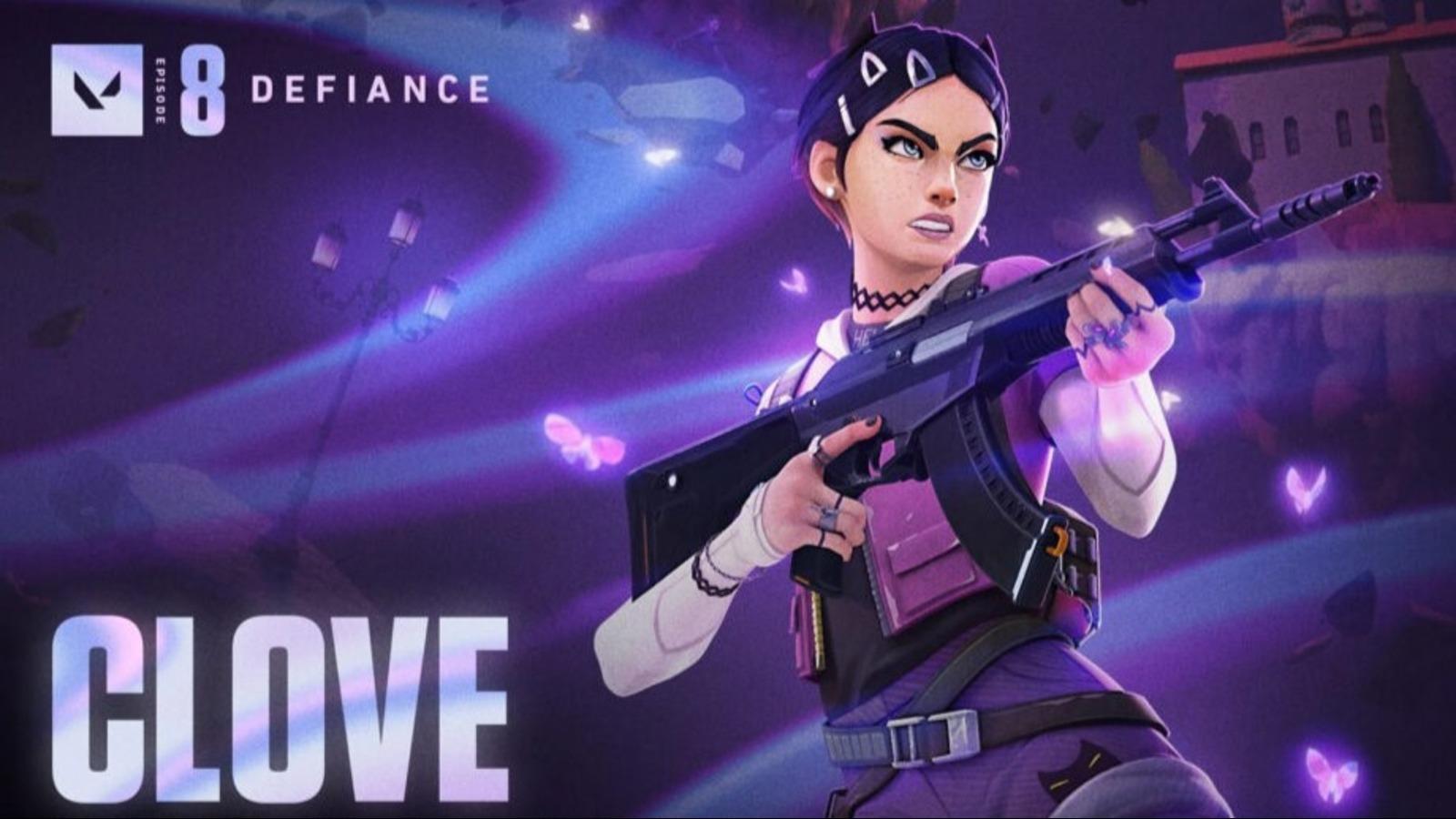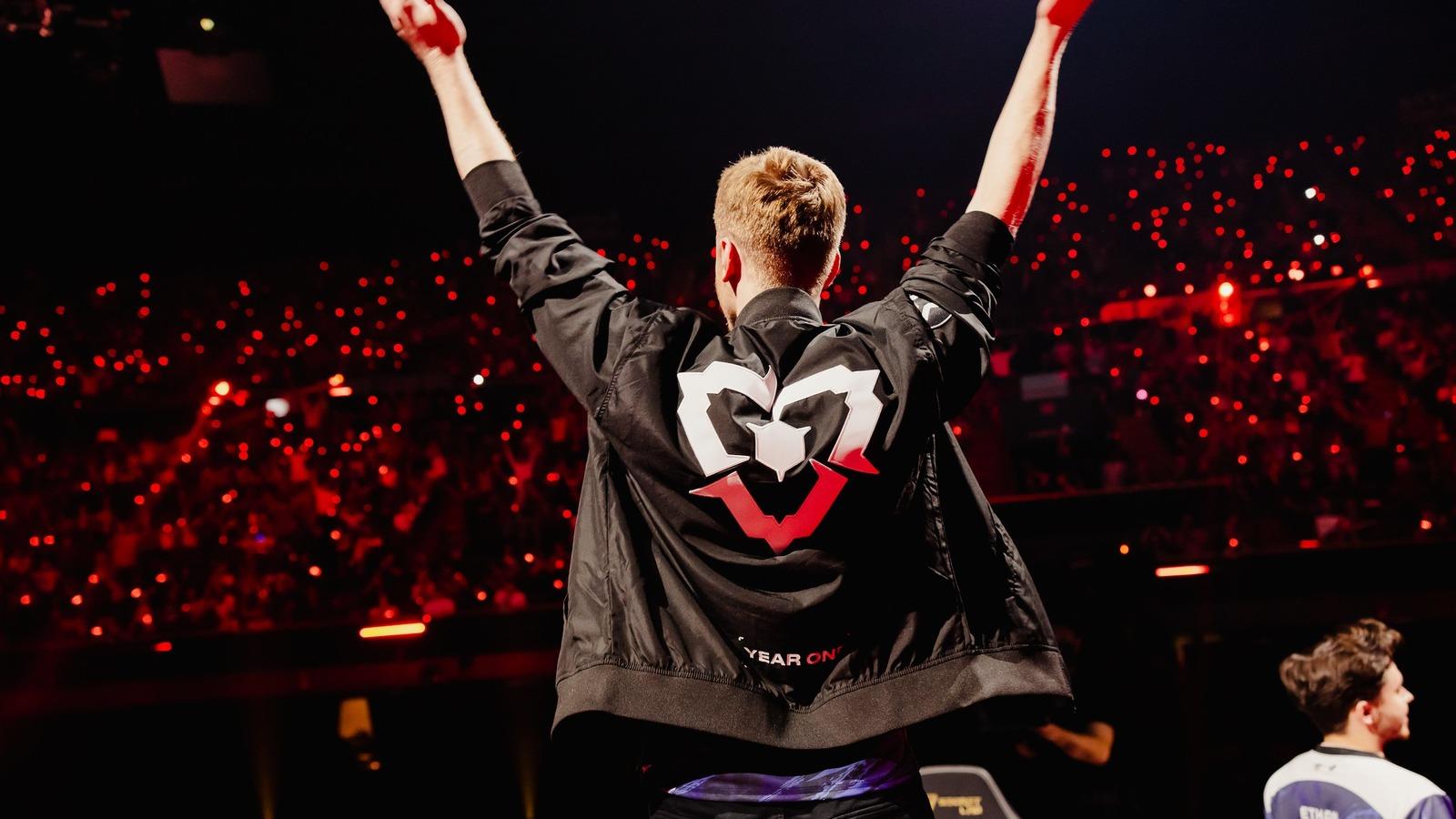VCT 2023 roster regulations explained: minimum salaries, import rules & roster sizes
 Colin Young-Wolff/Riot Games
Colin Young-Wolff/Riot GamesWith Valorant moving into a VCT partnered league system, Riot Games is implementing more strict rules around roster construction and adding more regulations. These are the most important roster rules for VCT teams.
Organizations looking to field rosters for the 2023 Valorant Champions Tour partnered leagues will have to follow new rules and regulations around their team’s construction. These rules are subject to change and may be altered as the Valorant players union gets going or other factors.
One of the key roster regulations for VCT, that Riot highlighted during the initial announcement, was minimum salaries for players across the three leagues.
The minimum salary regulation across all three leagues is $50,000 for the Americas league, €50,000 for EMEA, and ₩67,000,000 for APAC. If teams wish to pay in other currencies, they will have to match the exchange rate between the currency of the league according to the new rule book.
A player’s compensation outside of their weekly salary – including streaming money, prize money, or performance bonuses – is not factored into their base minimum salary, so organizations cannot get around paying a player the minimum required by saying it is made up elsewhere.
VCT roster import regulations
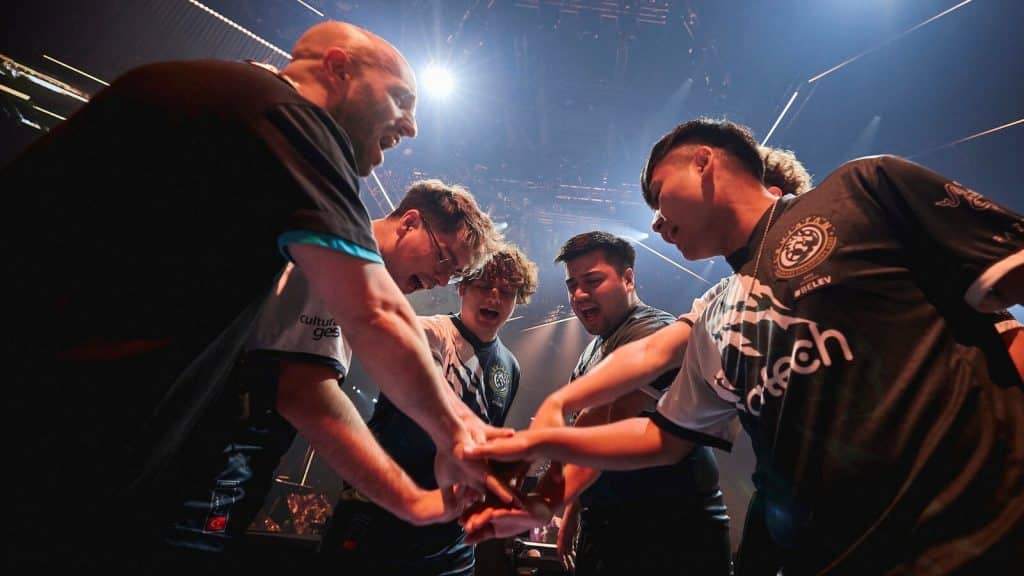 Lance Skundrich/Riot Games
Lance Skundrich/Riot GamesFans familiar with League of Legends will know that Riot has put forth rules before on residency requirements for players. Those rules have carried over, but are more strict, in Valorant.
VCT rosters are limited to one non-resident, or import, a player on their starting roster as four players must be residents of the countries the league represents. Residents are defined by Riot as a player that has citizenship, is a lawful permanent resident, or is a refugee or asylum seeker in the country of the respective league’s territory.
Duel citizens will also have to choose a residency in one league if they are legal residents that could compete in two leagues.
The one exception to the rule is Game Changers players. In an effort to incentivize organizations to bring on Game Changers players, or “Game Changers Alums” per the rule book, players from Game Changers can claim residency in the “applicable League Territory” and do not have to satisfy residency rules.
Game Changers Alums are defined as players who have started on a team competing in a regional playoffs of Game Changers.
League roster sizes and age requirements
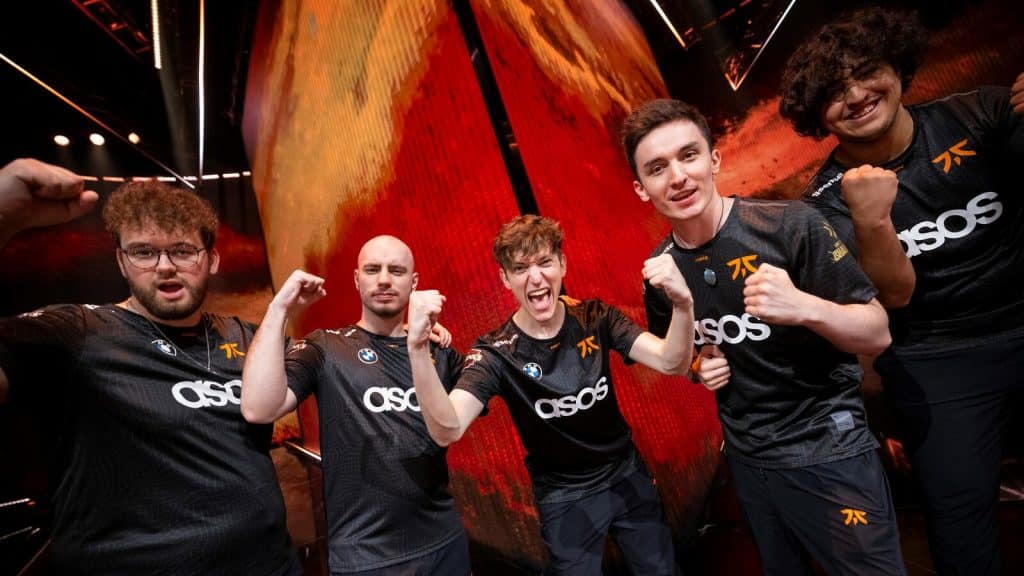 Colin Young-Wolff/Riot Games
Colin Young-Wolff/Riot GamesTeams are required to have the minimum amount of players needed to compete in the league, six, as well as a head coach and general manager through the start and end of the league’s season.
All six players must be eligible to compete in the league, so a team cannot have two imports with one on the bench at all times. In that scenario the team would need to have eight total players, six of which are residents, to stay within the roster requirements.
The maximum number of players a team can have is 10, Global Esports will be testing that rule heading into October, including a “Reserve Roster.” The Reserve Roster is where players who are in the process of becoming eligible to join the main roster can be siloed.
Examples of players in the process of becoming eligible from Riot include competitors waiting for a work visa, and a player who is banned or ineligible to play in league matches.
The reserve roster might also be a good spot for teams to house younger players that do not meet the minimum age requirement to play in the VCT league yet. Players born on or before March 26, 2005, or 17 years old, are eligible to compete in the leagues and Game Changers events.
Players can be grandfathered past the age requirement if they competed in Challengers main events in 2022 and within one year of turning 17, if their parent or guardian accepts all rules and policies of the league they want to participate in.
